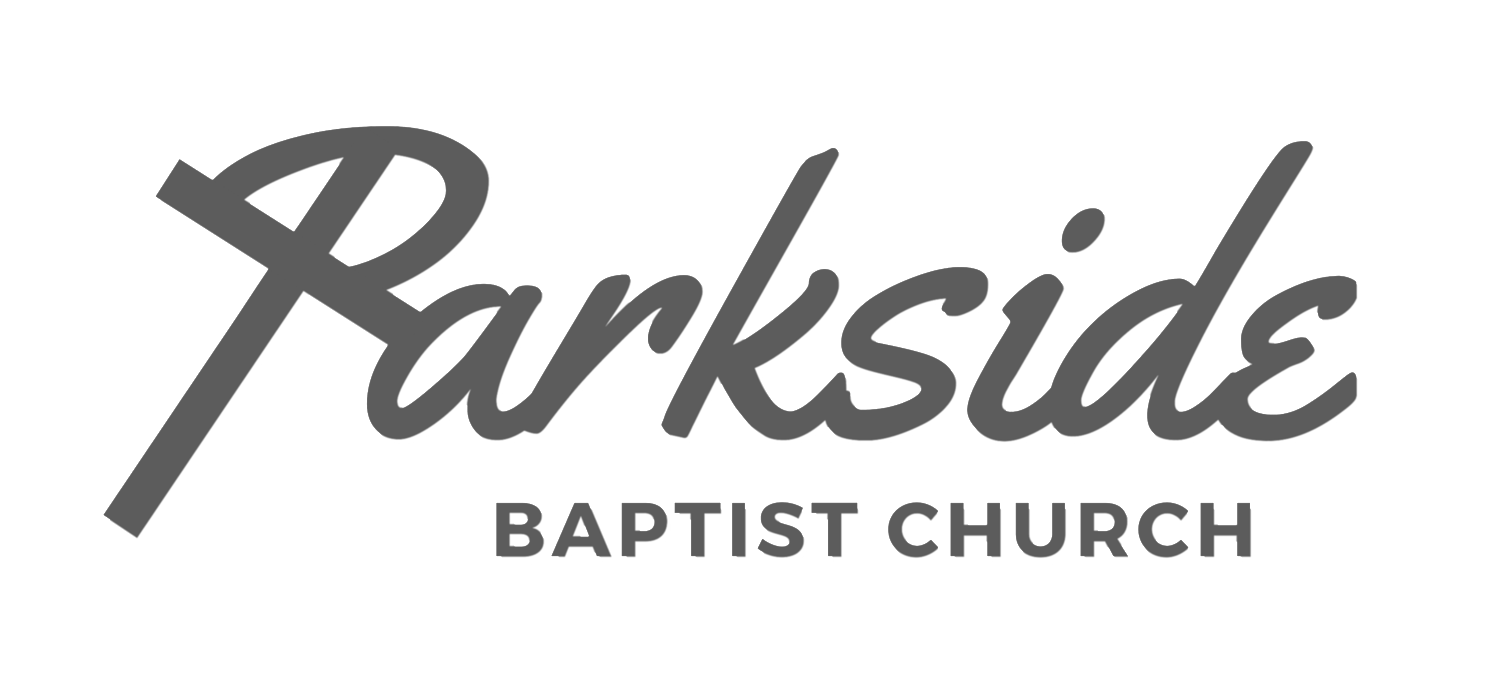This Easter we are going to be reflecting on Jesus being crowned as “king of the Jews” with a crown of thorns. His coronation was enacted, not on a throne with a gold crown, but on a cross with a crown of thorns. This crowning of him as “king” was done in mockery by the Roman empire, but also by the Jewish leaders and religious authorities who rejected him as Messiah and Son of God. However, there was far more going on with that crown of thorns than either the Romans or the Jewish leaders understood.
To understand what was really taking place, and its significance for them and us today, we need to go back to Genesis. The separation of humanity from God because of our pride and disobedience to our creator. However we understand the narrative of Genesis, we see that part of the fallout and consequence of our rejection of God was the cursing of the land, as well as spiritual death and suffering. This is the account we read in Scripture.
Genesis 3:16-19 To the woman he said, "I will greatly increase your pains in childbearing; with pain you will give birth to children. Your desire will be for your husband, and he will rule over you." To Adam he said, "Because you listened to your wife and ate from the tree about which I commanded you, 'You must not eat of it,' "Cursed is the ground because of you; through painful toil you will eat of it all the days of your life. It will produce thorns and thistles for you, and you will eat the plants of the field. By the sweat of your brow you will eat your food until you return to the ground, since from it you were taken; for dust you are and to dust you will return."
The scourge and curse of sin and pride and putting self over God our creator, led to broken relationship between us and God, between humanity itself (men and women), and to the ground becoming a place of toil and hard work and thorns. Christians often roll all of this up into the phrase “the curse”, which altered all God had created that was good, and in harmony, and perfect relationship. However we try to cleverly discuss the problem of evil and suffering, we can never quite make it neat and tidy. Someone once said trying to explain evil and suffering is like trying to hold three big watermelons in two hands. We might not have neat answers, but we know its reality and we live under the shadow of the “curse” and the presence of evil and suffering, and thorns (physical and metaphorical).
Jesus mandate was to come and free humanity and all of creation from the effects of this curse and to reverse the power and rule of evil and destruction and entropy. He came to reveal God to us, but also to carry upon himself the curse, and in doing so break its power. So as he hung on that cross he bore on his head, not a crown of gold, but a crown of thorns – the king of kings bearing the weight of the curse represented in a crown of thorns. Paul writing to the Galatians sums it up.
Galatians 3:13 Christ redeemed us from that self-defeating, cursed life by absorbing it completely into himself. Do you remember the Scripture that says, "Cursed is everyone who hangs on a tree"? That is what happened when Jesus was nailed to the Cross: He became a curse, and at the same time dissolved the curse.
Having broken the power of the curse and grave, Jesus rose victorious and is crowned in glory having redeemed all of creation and freed us from death, decay, and the thorns of bondage. Praise be to Jesus our saviour. The head that once was crowned with thorns, is crowned in glory now and lifts us up to glory with him.
Grace and Peace - Garry

